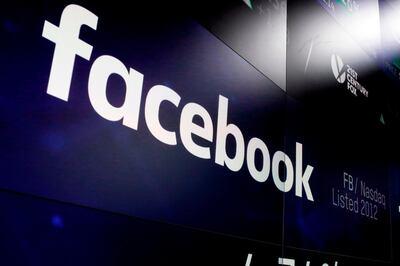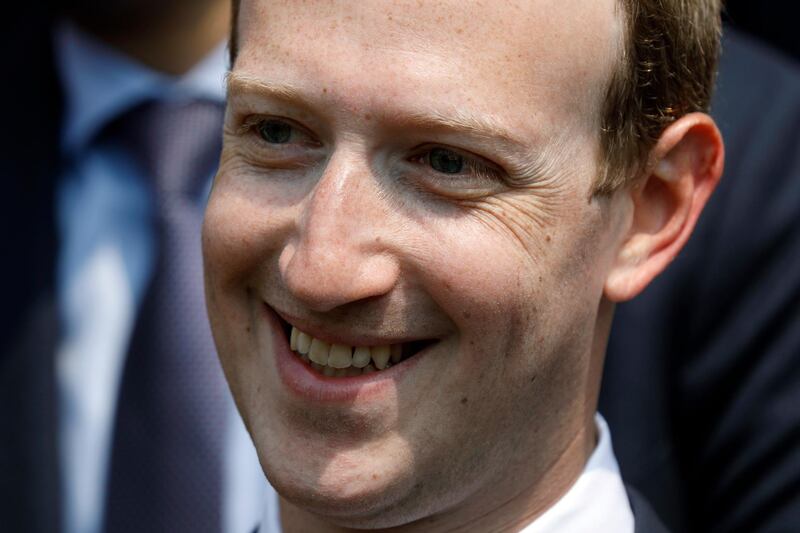It seems Mark Zuckerberg, Facebook's chief executive, has plans to integrate WhatsApp, Instagram and Facebook Messenger, reports The New York Times. The publication, which spoke to four people involved, who wished to remain anonymous due to the project's confidential nature, said it's Zuckerberg's way of asserting his "control over the company's divisions at a time when his business has been battered by scandal".
What does this mean for us?
Don't worry, this doesn't mean we'll need to re-adjust to using some kind of super-app. It does, however, have the potential to redefine entirely how we, as users, interact with the apps.
While all three services will remain as standalone apps, distinct from one another, they will share the same infrastructure and connect at a much deeper level.
So, for example, a Facebook user could send a message to a WhatsApp-only user using Messenger, something which is currently impossible.
It's just the beginning of a "long process", Facebook told the BBC.
'Fast, simple, reliable and private'
The chosen three are the world's biggest messaging networks. Between them they have more than 2.6 billion users. That's approximately 34 per cent of the world's population.
The plan, which The New York Times reports is still in its early stages, requires thousands of Facebook employees to reconfigure the apps' fundamental functionalities. It's expected that work will finish at the end of 2019 or early next year.
A statement on behalf of Facebook said it wanted to “build the best messaging experiences we can; and people want messaging to be fast, simple, reliable and private."
By increasing the apps' usability and staying ahead of rival messaging services, Facebook can potentially increase the advertising and revenue-generating sides of its business, too.
Backtracking
Previously, at the time the Facebook CEO acquired Instagram and WhatsApp, he had been determined that the apps would operate independently from the social network. This new project seems to signal him backtracking on that promise.
Facebook bought the photo-sharing platform for $1 billion in 2012, while it acquired the popular instant messaging app in 2014 for an estimated $19.3 billion.
The apps have grown massively in the past few years.

Data privacy
Zuckerberg has also reportedly ordered that all of the apps incorporate end-to-end encryption, which protects messages from being seen by anyone except the people who are part of the conversation.
Data experts have warned that keeping users' information safe is not that easy, however.
Marc Rotenberg, president and executive director of the Electronic Privacy Information Center, said the change would be "a terrible outcome for internet users," The New York Times reports.
Tim Mackey, a data privacy expert at Synopsys, told The Independent that the social media company should be very careful. "Merging personal information and privacy configurations from three significant applications won't be trival," he warned. "Facebook development teams would do well to look at this precedent and prioritise user privacy."
In a statement, Facebook said: "As you would expect, there is a lot of discussion and debate as we begin the long process of figuring out all the details of how this will work."
Following the Cambridge Analytica scandal, when Facebook admitted information about 50 million users wrongly ended up in the hands of the political consultancy, every move the social media leader makes will surely be scrutinised.







